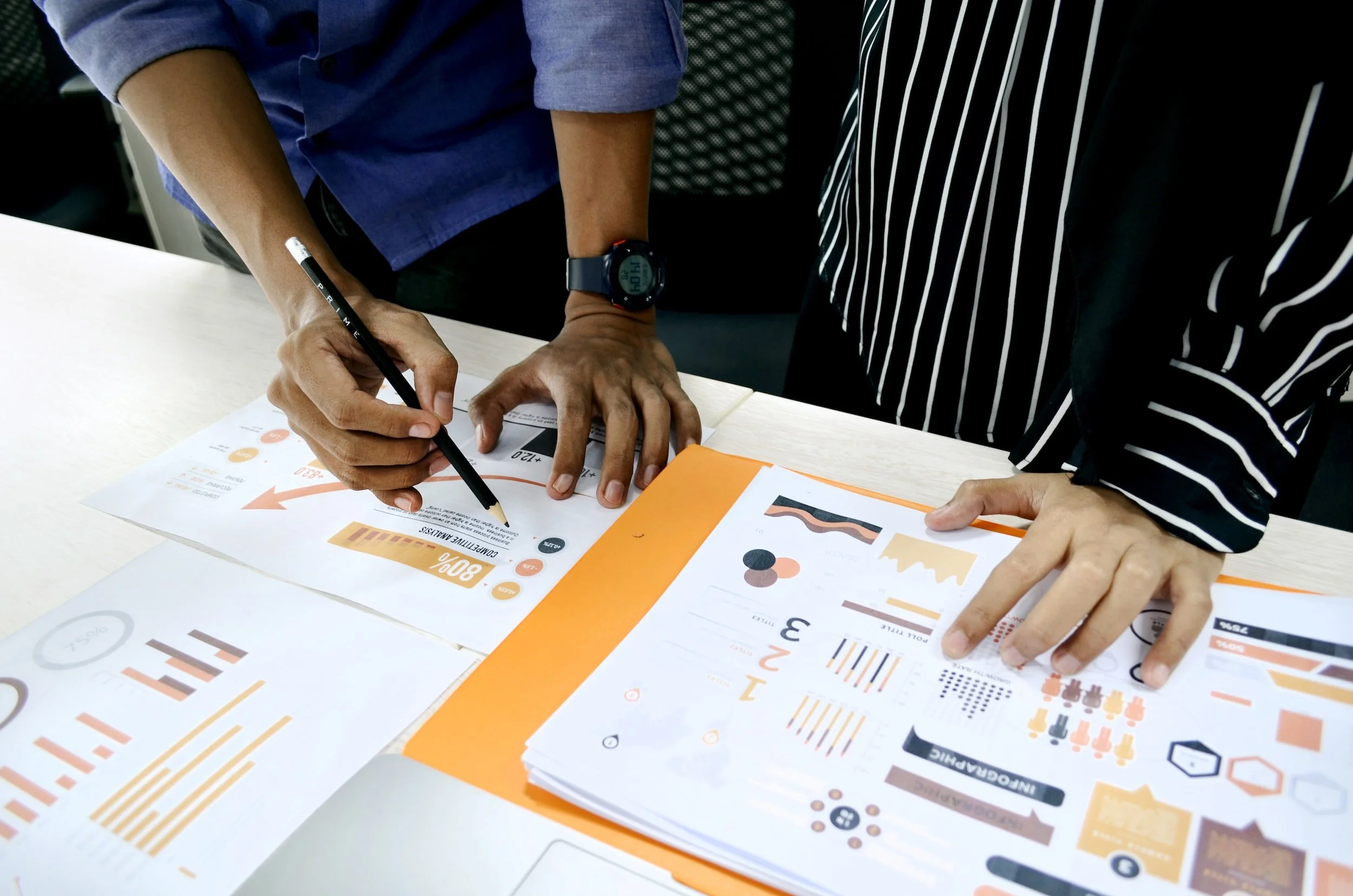This participants’ manual will assist participants in following the sessions related to the African Governance Architecture (AGA) capacity-building training of trainers’ program for youth participation in political and electoral processes. The participant manual also provides information on methodologies and strategies to be adopted during training sessions. The youth needs to note that training content for youth participation must be context-specific. The content of this manual must be adjusted to the local, social, geographical, cultural, and political circumstances, and there is no standard training methodology and approach that can be replicated everywhere on the continent.
Guide to Youth Participation in Political and Electoral Processes in Africa
Following a clarion call by the youth during the 2021 African Governance Architecture (AGA) Regional Youth Consultations, the AGA under the auspices of the AGA Youth Engagement Strategy spearheaded the development of a Comprehensive Guide and Facilitator and Participants Manuals on Youth Participation in Political and Electoral Processes in Africa. The Guide and accompanying Manuals were developed in collaboration with the Common Market for East and Southern Africa Secretariat (COMESA) with the support of the Swiss Agency for Development and Cooperation- SDC. The manuals underwent a painstaking research, review, and validation process with the full involvement of youth leaders and experts across the five regions of the continent.
Meaningful Youth Engagement
Meaningful youth engagement is a participatory process in which young people’s ideas, expertise, experiences, and perspectives are integrated throughout programmatic, policy, and institutional decision-making structures so as to best inform outcomes. This process requires young people to be involved in all levels and stages of program, policy, campaign, and initiative development, including all stages of design, implementation, and evaluation; this is especially true of those programs that directly affect their lives.
What's Next? | Claiming the Democratic Future
The young believers of democracy are responding to the democratic erosions by demonstrating their democratic ambitions and transforming political spaces through innovation, localized and intersectional approaches, arts, and digital media. Discontent with traditional political institutions has encouraged young people to create innovative and alternative spaces of political engagement. Thus, young people are at a critical juncture in reversing the anti-democratic trends, but the lack of a global youth campaign is a lost opportunity to capitalize on youth innovation to strengthen democracy.
Digital Civic Engagement By Young People | Rapid Analysis
Many of today’s youth take to digital spaces to develop their civic identities and express political stances in creative ways, claiming agency that may not be afforded to them in traditional civic spaces. The key difference between civic engagement by youth today and older, more traditional forms of action is the availability of digital technology, which provides a low-barrier-to-entry canvas for young people to create content that is potentially vastly scalable.
Promoting Entrepreneurship Among African Youth
Acknowledging the importance of investing in and creating space and opportunities for young people for them to realize their full potential, The Youth Cafe has proposed several initiatives geared towards youth empowerment. The AU Agenda 2063 recognises the need to do this as a prerequisite for achieving the socio-economic transformation of Africa. This initiative is aimed at reaching millions of youth from across the continent with opportunities and interventions in key areas of employment, entrepreneurship, education and engagement.
Mapping Youth Climate Change Networks/ Organisation in Kenya | Analysis Report
The Youth Democracy Cohort Launches The Menu of Possible Commitments
The Youth Democracy Cohort is proud to present the Menu of Possible Commitments meant to help prioritize, facilitate, and enhance youth civic and political participation. These 33 actionable and specific recommendations are provided as a set of policy options for participating governments in the Summit for Democracy
National Guidelines For Provision Of Adolescent And Youth Friendly Services In Kenya
Adolescents and youth comprise 24% of Kenya’s population. This youthful population affects the country's social, economic and political agenda. A young population provides opportunities for the country’s development if suitable investments are made towards attaining educational and health goals, including all-around preparation for responsible adulthood. At the same time, a youthful population puts great demands on the provision of health services, education, water and sanitation, housing and employment.
Justifying Meaningful Engagement And Inclusion Of Young People In Political Processes.
More transparency, better accountability, and greater responsiveness to the youth demographic are elements young Kenyans yearn for. The Kenyan government is beginning to respond to these demands. To encourage more civic engagement by younger citizens, the government is taking measures through the World Bank's Kenya Accountable Devolution Program (KADP) to incorporate public participatory budgeting into their budget decision-making process. The 2007 general elections highlighted Kenya's failure to engage its youth constituency effectively in political, governance, and electoral processes. Building trust between young people and democratic institutions is critical as young people make up a substantive part of the overall Kenyan population.











